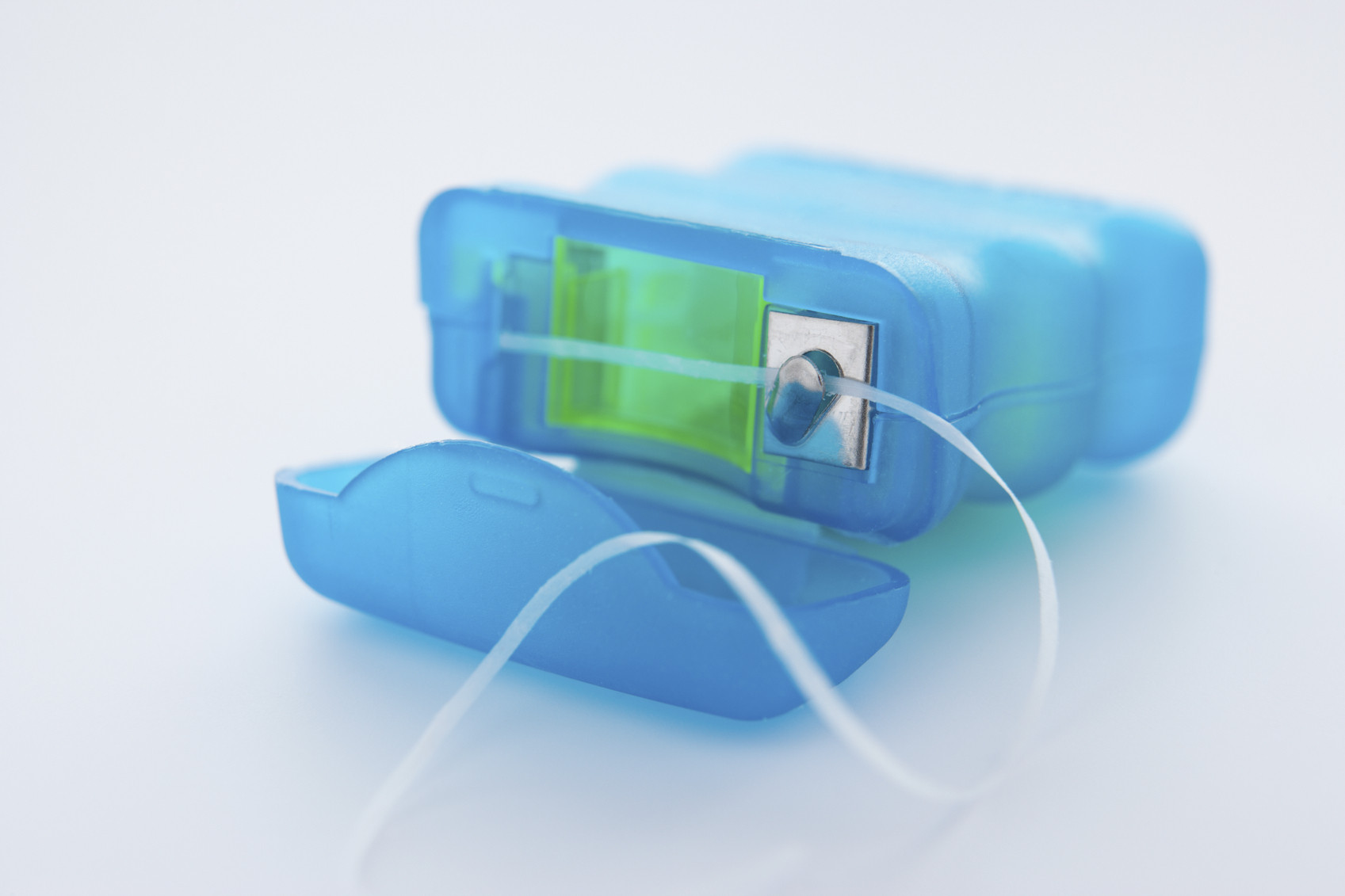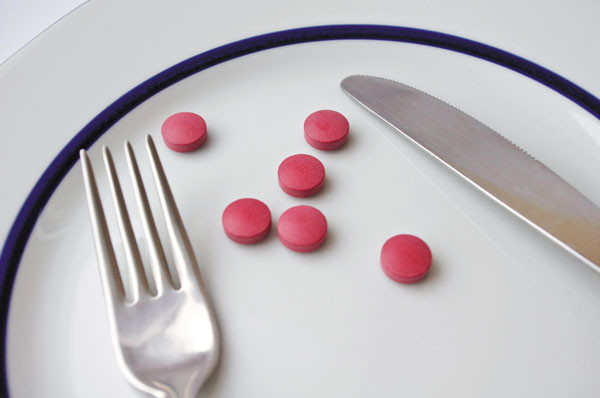
New thinking about plaque in arteries that feed the brain

Want to prevent shifting teeth? Maybe you need retainers

What you need to know about the new dietary guidelines

Food that’s healthier for people and planet can be cheaper, too

New evidence that polyphenol-rich foods help the heart

8 simple ways to reduce ultra-processed foods in your diet

How to curb your stress eating

How to spot Parkinson’s disease symptoms

Heart failure symptoms in women: How they’re different

GERD diet: Foods to avoid to reduce acid reflux
Staying Healthy Archive
Articles
Can I take an expired medication?
Most drugs remain potent after their expiration dates. You may want to move it to the refrigerator, though, because drugs stored in cool temperatures usually remain potent longer.
Would having stronger core muscles speed my recovery from abdominal surgery?
Strong core muscles and overall fitness are linked to shorter surgical recovery times.
Why you should heed a ministroke
Transient ischemic attacks, or TIAs, can signal an impending stroke, but prompt care can minimize damage.
Image: FlairImages/Thinkstock
Have you ever experienced a brief episode when your body seemed to be a little off—your vision was blurry, your speech slightly slurred, or one side of your body felt weaker than the other? If so, you may have experienced a transient ischemic attack (TIA), says Dr. Natalia Rost, a neurologist at Harvard-affiliated Massachusetts General Hospital. She notes that many women may assume they have suffered a migraine and get back to life as usual once the episode has passed. In fact, a TIA is a serious medical issue and warrants getting immediate treatment.
Immediate treatment is key
Having a TIA is usually a sign that you may have already endured a few "silent strokes"—interruptions of blood flow to the brain—and may have accumulated some brain damage as a result, Dr. Rost says. However, getting prompt attention for a TIA can significantly reduce your chance of having a major stroke and incurring greater damage.
A team of French researchers reported in April 2016 that people who received care from a stroke specialist within 24 hours of a TIA had only a 4% risk of having a major stroke within the next three months, compared with the average risk of 12% to 20%. Recent studies also show that people who got prompt treatment from stroke specialists in the hospital or clinic were much more likely to get the appropriate follow-up treatments, including aspirin, blood thinners, and blood pressure medication. "Just as getting prompt treatment for chest pain minimizes damage from a heart attack, getting help for a TIA diminishes the effects on the brain," Dr. Rost says.
Yet studies have shown that women aren't as likely as men to get brain-sparing treatments. A 2013 study indicated that gender discrimination wasn't the problem; women were less likely than men to seek help within four hours of the start of symptoms, when clot-busting therapies are most effective. Women who sought help within four hours received the same treatment as men did.
Why white matter really matters
What you should do
Dr. Rost suggests doing everything you can to minimize white-matter damage—controlling your blood pressure, cholesterol, and blood glucose are important. So is a lifestyle that includes regular exercise, a healthy diet, and not smoking. "While it's important to get help for a TIA, it's better to avoid one altogether," Dr. Rost says.
Beverage temperature tied to cancer risk
Beverages consumed at temperatures above 150° F may contribute to esophageal cancer.
Are your medications causing nutrient deficiency?
Long-term doses of certain medications may rob you of calcium, folic acid, and crucial B vitamins.
Short-term medication use will not lead to nutrient deficiency. But long-term use may interfere with your body's ability to absorb nutrients or produce them.
Image: Gruzdaitis Andrius/Thinkstock
Medications are well known for causing side effects such as nausea or drowsiness. These are the kinds of side effects you notice and can do something about. But sometimes a lesser known side effect happens without giving you any warning: nutrient deficiency.
The top 5 benefits of cycling
Going for a ride is good for your heart and muscles, and it may improve how you walk, balance, and climb stairs.
Image: DTStockPhotos
They say you never forget how to ride a bike, so maybe it's time to climb aboard a two- or three-wheeler and enjoy the health benefits of cycling. "It's socially oriented, it's fun, and it gets you outside and exercising," says Dr. Clare Safran-Norton, a physical therapist at Harvard-affiliated Brigham and Women's Hospital.
Check out the main physical benefits.
Safety considerations
Get the okay from your doctor before you climb aboard a bike, especially if you have heart disease, arthritis, or thinning bones. "If you have osteoporosis, consider riding a tricycle, which is more stable than a two-wheeler, posing less of a fall risk," says Dr. Safran-Norton. "Don't ride a bike at all if you've had a recent fracture. Another fall could make it worse."
When riding, remember that the seat height should allow a slight bend at your knee. "You don't want a straight knee at the bottom of the pedal stroke, because the bike could be too tall and you could fall off," says Dr. Safran-Norton.
Other tips: Wear a helmet to protect your head; don't use clips to keep your feet on the pedals, which can make injuries worse if you fall; don't ride alone; stick to bike paths instead of riding in the street; stay hydrated before, during, and after your ride; and use sunscreen and sunglasses.
Tips to choose equipmentYou probably know that a helmet is a must for safety. The right type of clothes and bike will also make cycling safer and more comfortable. Cycling clothes. These have high-tech fibers that wick away moisture. They are usually neon-colored, with reflective material so you'll be visible to drivers. Bike shorts have a thick pad or chamois to prevent chafing and provide cushioning. Bikes. Look for one that puts less stress on your body, such as a beach cruiser or comfort bike. They have high-rise handlebars that enable you to sit upright, wide tires for a smooth ride, shock-absorbing seat posts, and low top tubes so you don't have to swing your leg too high to mount the bike (allow at least an inch or two of clearance between you and the tube). If mounting a bike is difficult, there are even "step through" bicycles that feature top tubes just six inches off the ground (see photo). Other bike types include tricycles, which are helpful if you are less stable on your feet, and recumbent bikes that allow you to lean back and ride. "If you have spinal stenosis, a recumbent bike puts your spine in a flexed position and gives you pain relief. But if you have a herniated disk, the bike can make the disk bulge more," says Dr. Clare Safran-Norton, a physical therapist at Harvard-affiliated Brigham and Women's Hospital. Saddle. Get one with extra padding that's wide enough to support the pair of bones you sit on. Go even further with a saddle that relieves pressure on the perineum, the area between those bones, behind the genitals. It's home to nerves and arteries that supply the lower body, and too much pressure here may cause numbness and tingling in the legs. Pressure-relieving saddles may have a "noseless" or horseshoe design. |
Eat more whole grains to stay healthy, suggests Harvard study
Boosting intake of whole grains, such as wheat or oats, may reduce the risk of an early death.
A warning about heartburn medications that contain aspirin
The FDA is warning that over-the-counter antacids with aspirin in them can cause stomach bleeding in rare cases.

New thinking about plaque in arteries that feed the brain

Want to prevent shifting teeth? Maybe you need retainers

What you need to know about the new dietary guidelines

Food that’s healthier for people and planet can be cheaper, too

New evidence that polyphenol-rich foods help the heart

8 simple ways to reduce ultra-processed foods in your diet

How to curb your stress eating

How to spot Parkinson’s disease symptoms

Heart failure symptoms in women: How they’re different

GERD diet: Foods to avoid to reduce acid reflux
Free Healthbeat Signup
Get the latest in health news delivered to your inbox!
Sign Up










